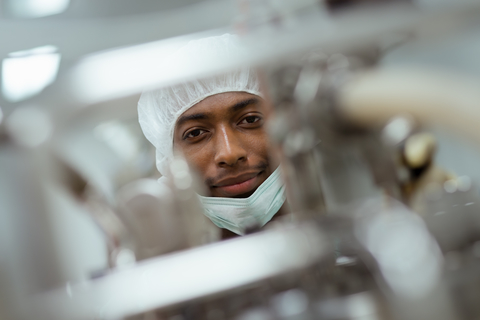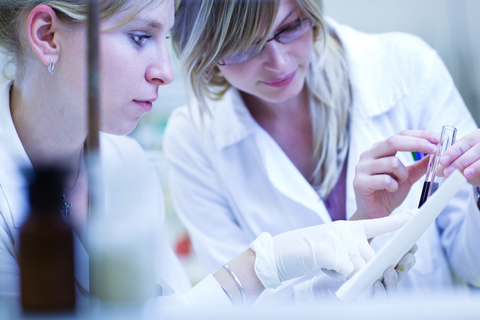
Cellesce completes six figure funding round
Cellesce, a Cardiff-based life sciences company, has completed a six figure funding round led by Finance Wales, to support its research (Insider Media, 2017). Cellesce is a biotechnology company that has developed new bioprocessing technology for the growing and expansion of organoids. Organoids are derived from stem cells and grown in a lab. They are … Continue reading Cellesce completes six figure funding round

How to prevent tooth decay in children
A Cardiff University-led study has found applying fluoride varnish to children’s teeth is just as effective at preventing tooth decay as the alternative method of sealing teeth, and could save the NHS money (Cardiff University, 2017). The “Seal or Varnish?” study, in collaboration with Cardiff and Vale University Health Board Community Dental Service, treated just … Continue reading How to prevent tooth decay in children

New insights into CMV, the leading viral cause of congenital birth defects
A study led by Cardiff University has revealed why CMV, a virus responsible for 1,000 birth defects each year in the UK, is so adept at evading the immune system (Cardiff University, 2017). The new findings, published in eLIFE, could help in the development of treatments for this and other currently untreatable viruses. By studying … Continue reading New insights into CMV, the leading viral cause of congenital birth defects
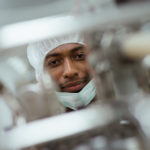
First person in Wales undergoes pioneering robotic surgery
Denise Casey, who has epilepsy, has become the first person in Wales to undergo pioneering robotic surgery (BBC News, 2017). The robot, built by Renishaw in Rhondda Cynon Taff, implanted probes into the woman’s brain. Denise Casey, of Skewen, Neath Port Talbot, was diagnosed with epilepsy at the age of thirty one and has had … Continue reading First person in Wales undergoes pioneering robotic surgery

Number of people with Type 2 diabetes trebles since 1991
A Cardiff University study has concluded the number of people in the UK with Type 2 diabetes has trebled over the last two decades (Cardiff University, 2017). The new findings, based on data collected by GP services in the UK between 1991 and 2014, also show a marked increase in life expectancy for people with … Continue reading Number of people with Type 2 diabetes trebles since 1991

New way to make artesmisinin
Researchers at Cardiff University have devised a new way of creating artesmisinin, a drug commonly used as the first line of defence against malaria (Cardiff University, 2017). Artemisinin is a drug recommended by the World Health Organisation for treatment of all cases of severe malaria and works by attacking all stages of the malaria parasite … Continue reading New way to make artesmisinin
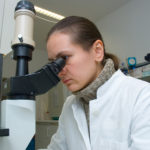
No meaningful benefit using antibiotics for mildly infected eczema in children
Estimates suggest that 40% of eczema flares are treated with topical antibiotics, but findings from a study led by Cardiff University suggest there is no meaningful benefit from the use of either oral or topical antibiotics for milder clinically infected eczema in children (Cardiff University, 2017). Eczema affects around one in five children in the … Continue reading No meaningful benefit using antibiotics for mildly infected eczema in children

A 1950s living room for people with dementia
A devoted husband built a nineteen fifties living room in a ward in Llandough Hospital, Cardiff to help his wife, who had Alzheimer’s (ITV News, 2017). George Drummond decorated the room with period wallpaper, a TV, black and white photographs, and racks of vinyl to help his wife Elaine remember happier days. He said sitting … Continue reading A 1950s living room for people with dementia
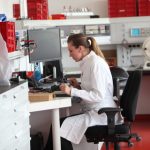
Barriers to taking up running revealed
Cardiff University researchers have revealed the biggest barriers to people taking up running as exercise (Cardiff University, 2017). Cardiff University’s School of Healthcare Sciences investigated what motivated people to run.The barriers include people simply being too busy, safety fears over running alone, particularly among women, and concerns about running on busy roads. Study participants were … Continue reading Barriers to taking up running revealed
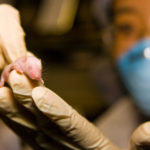
Genetic variation is the reason some immune systems overreact to viruses
Researchers at Cardiff University have discovered genetic variation is the reason why some immune systems overreact to viruses (Cardiff University, 2017). Previous research had revealed that a gene called Ifitm3 influences how sensitive people are to influenza, with a variant form of the gene making cells more susceptible to viral infection. This new research reveals … Continue reading Genetic variation is the reason some immune systems overreact to viruses







